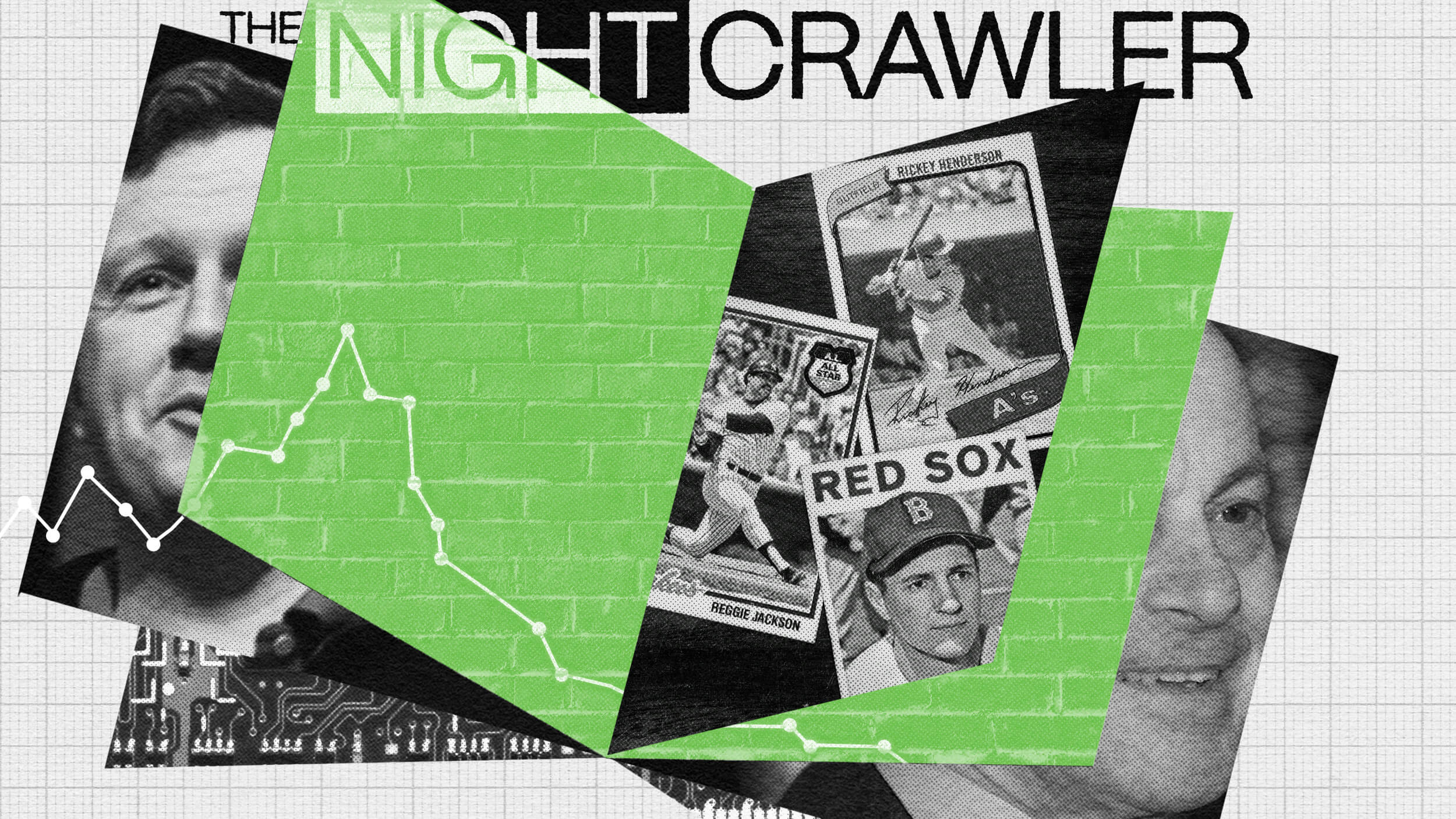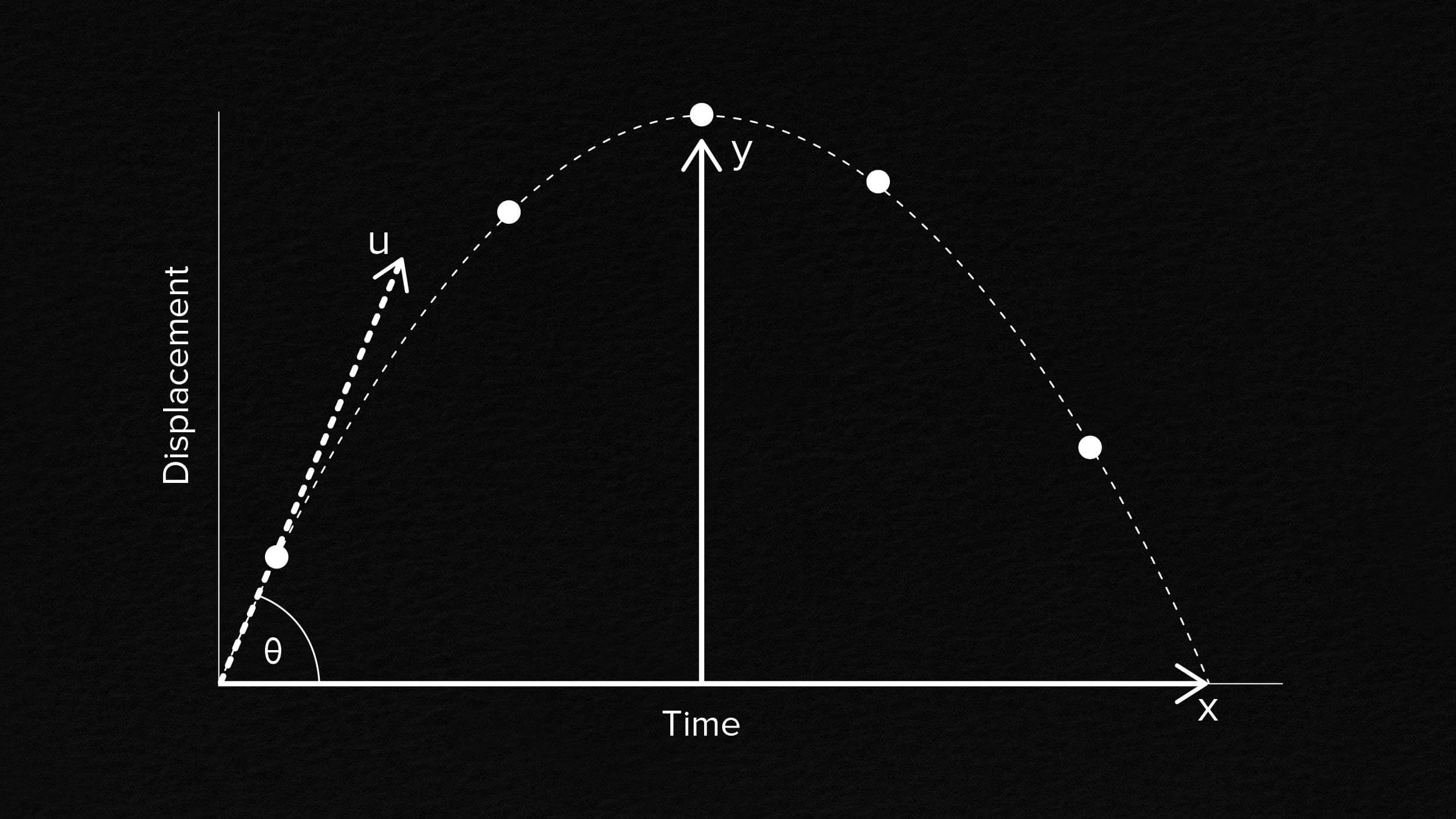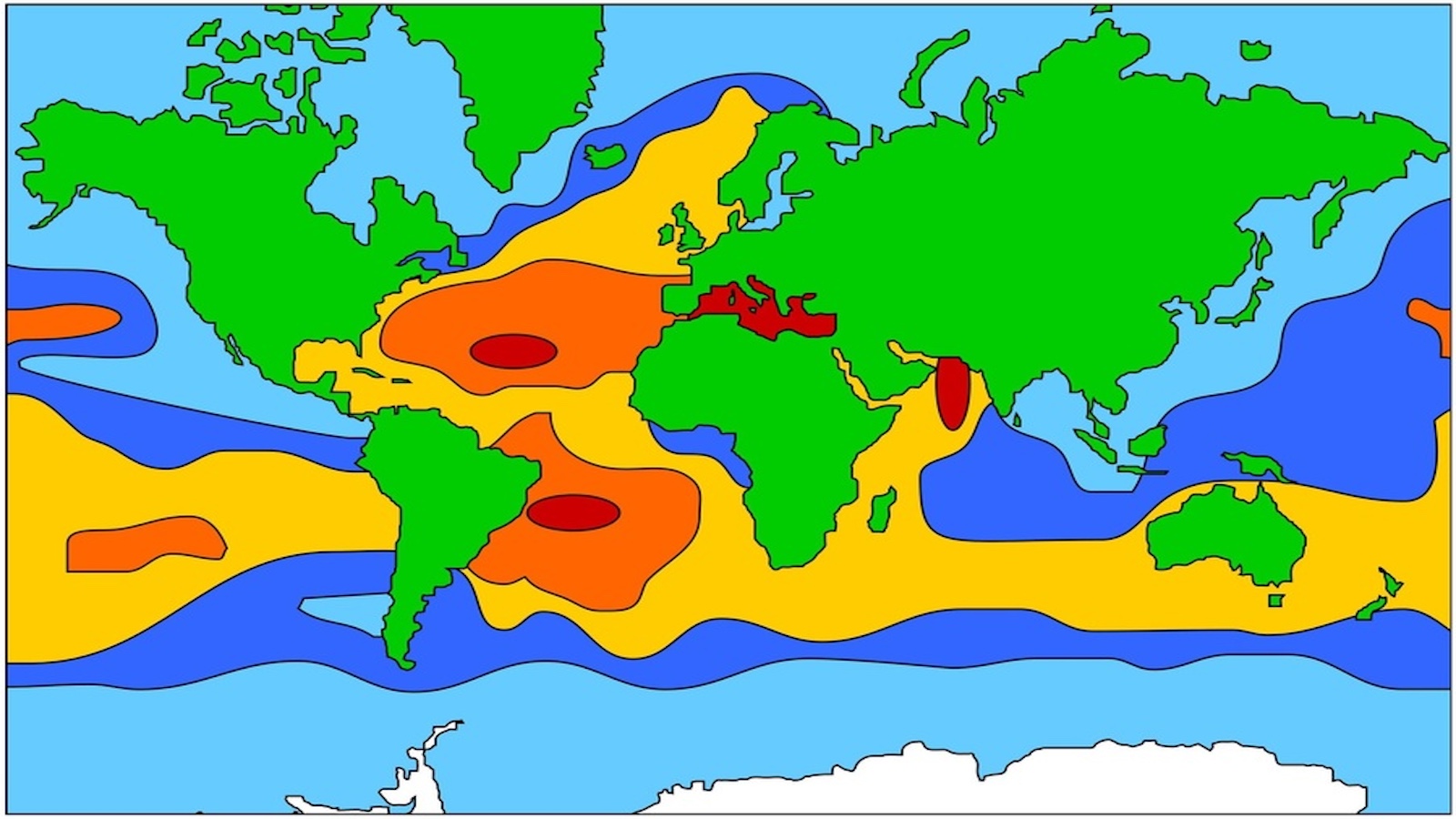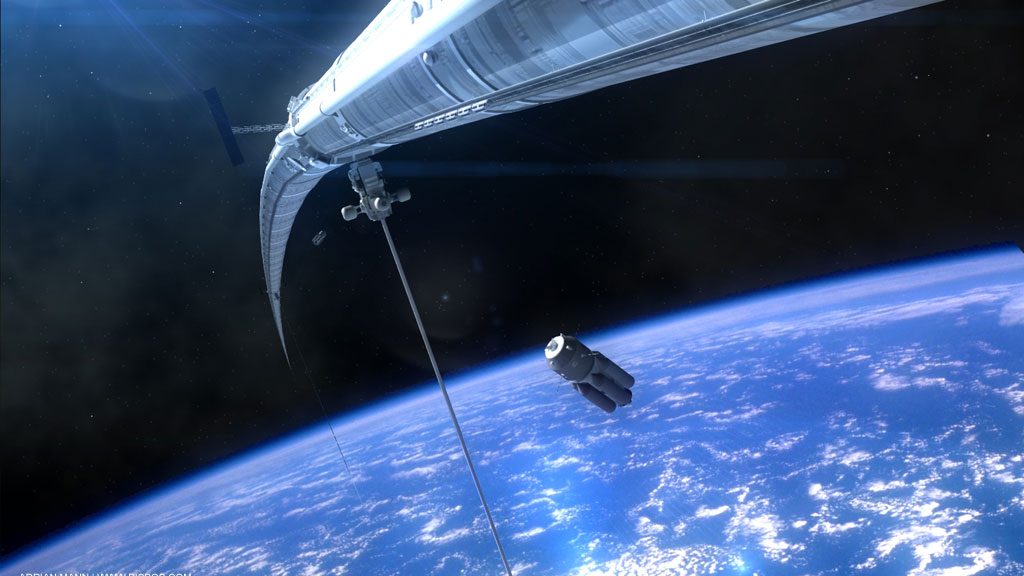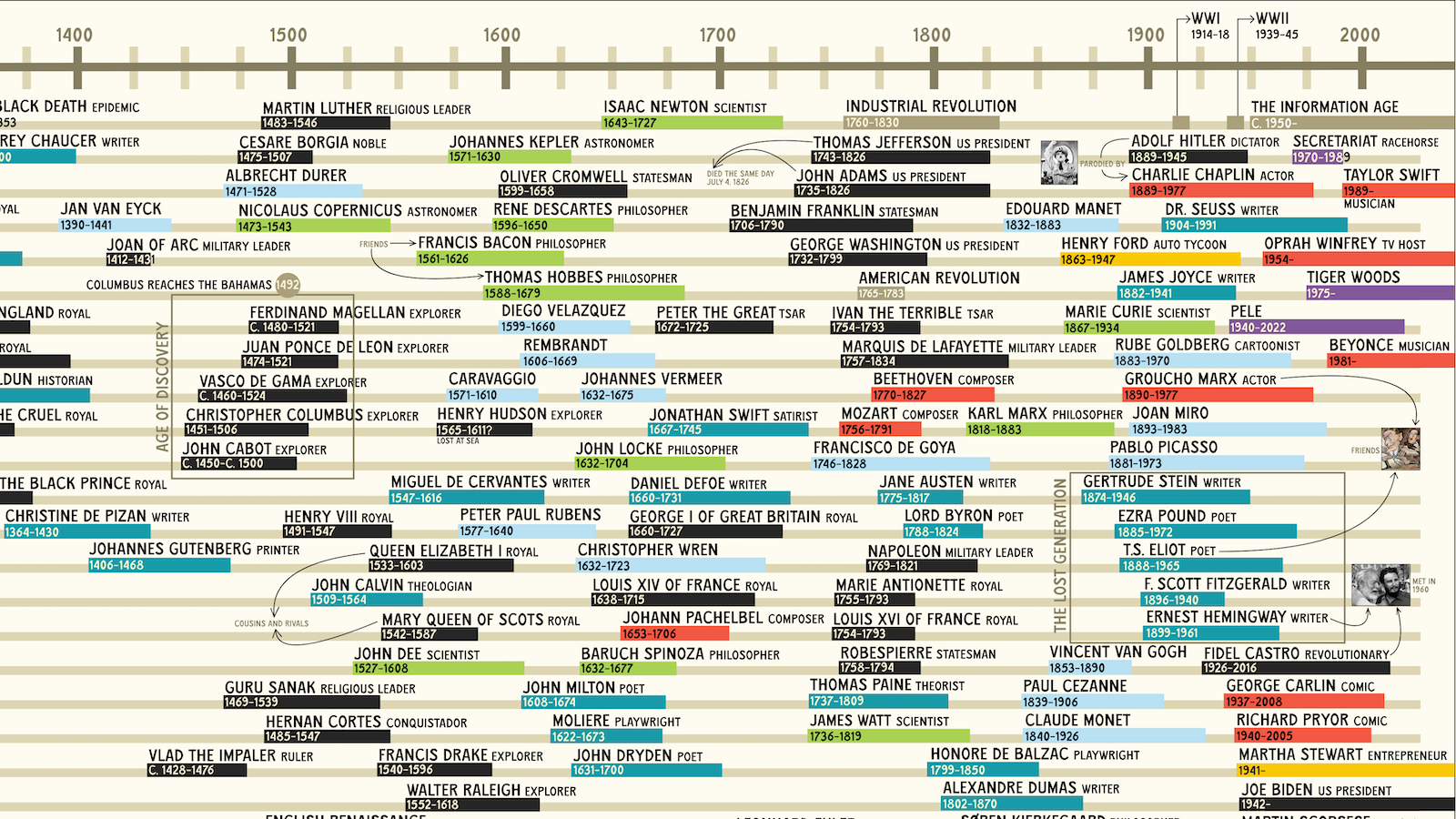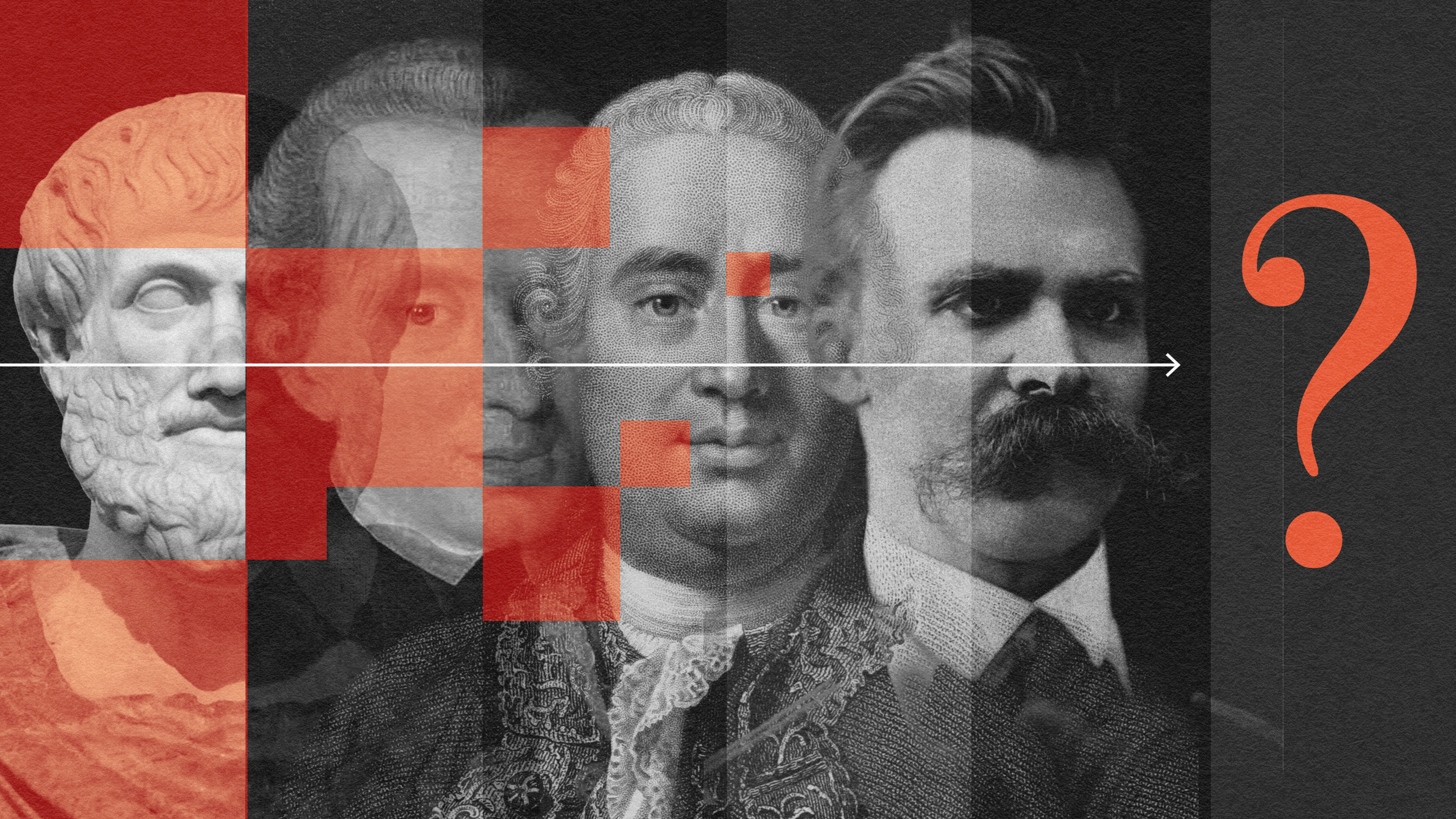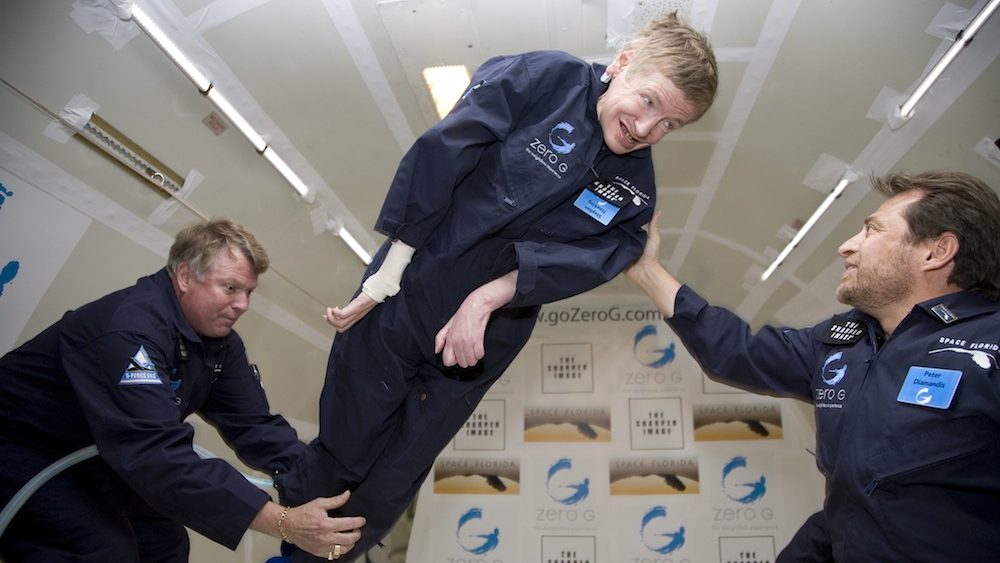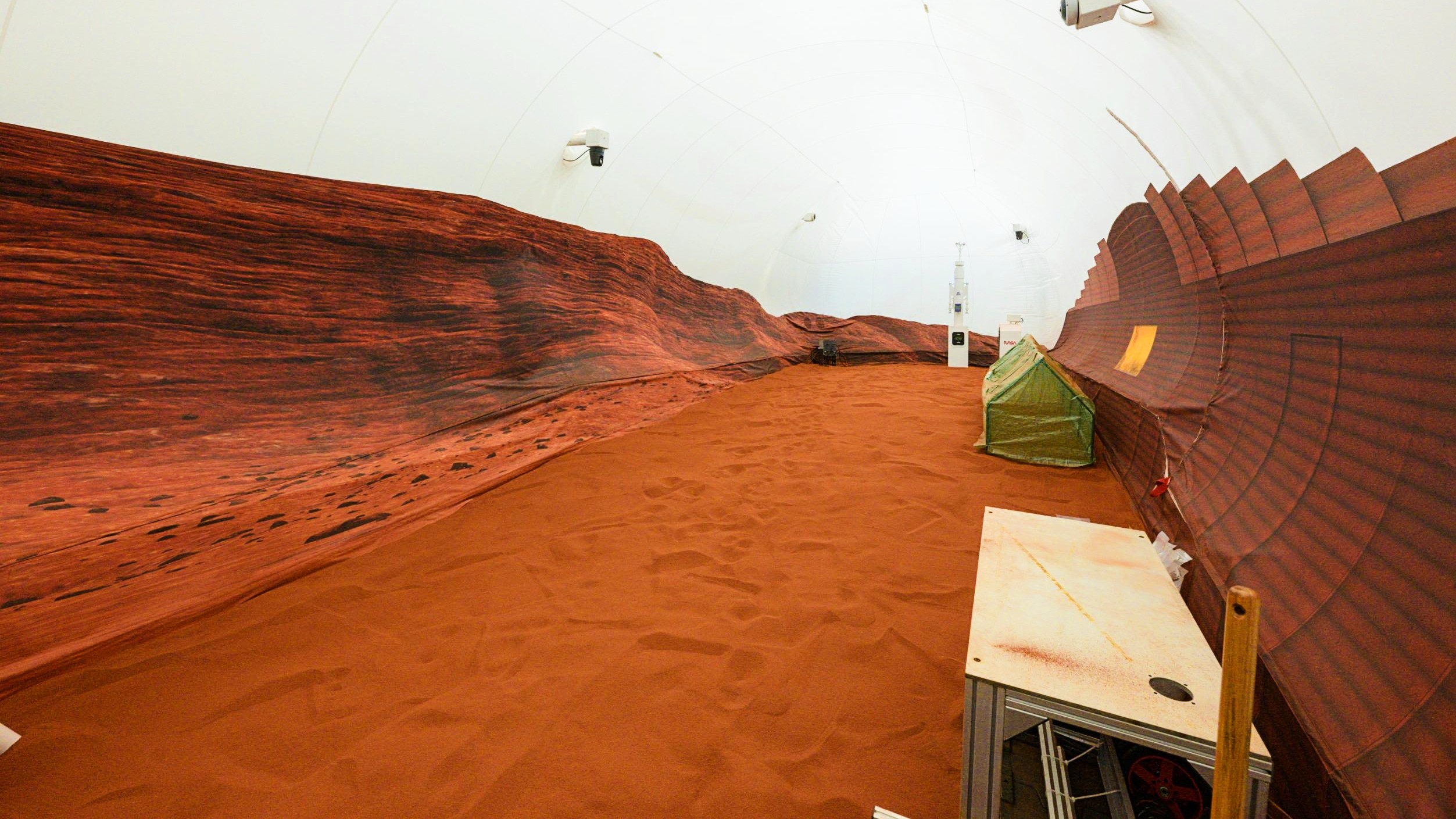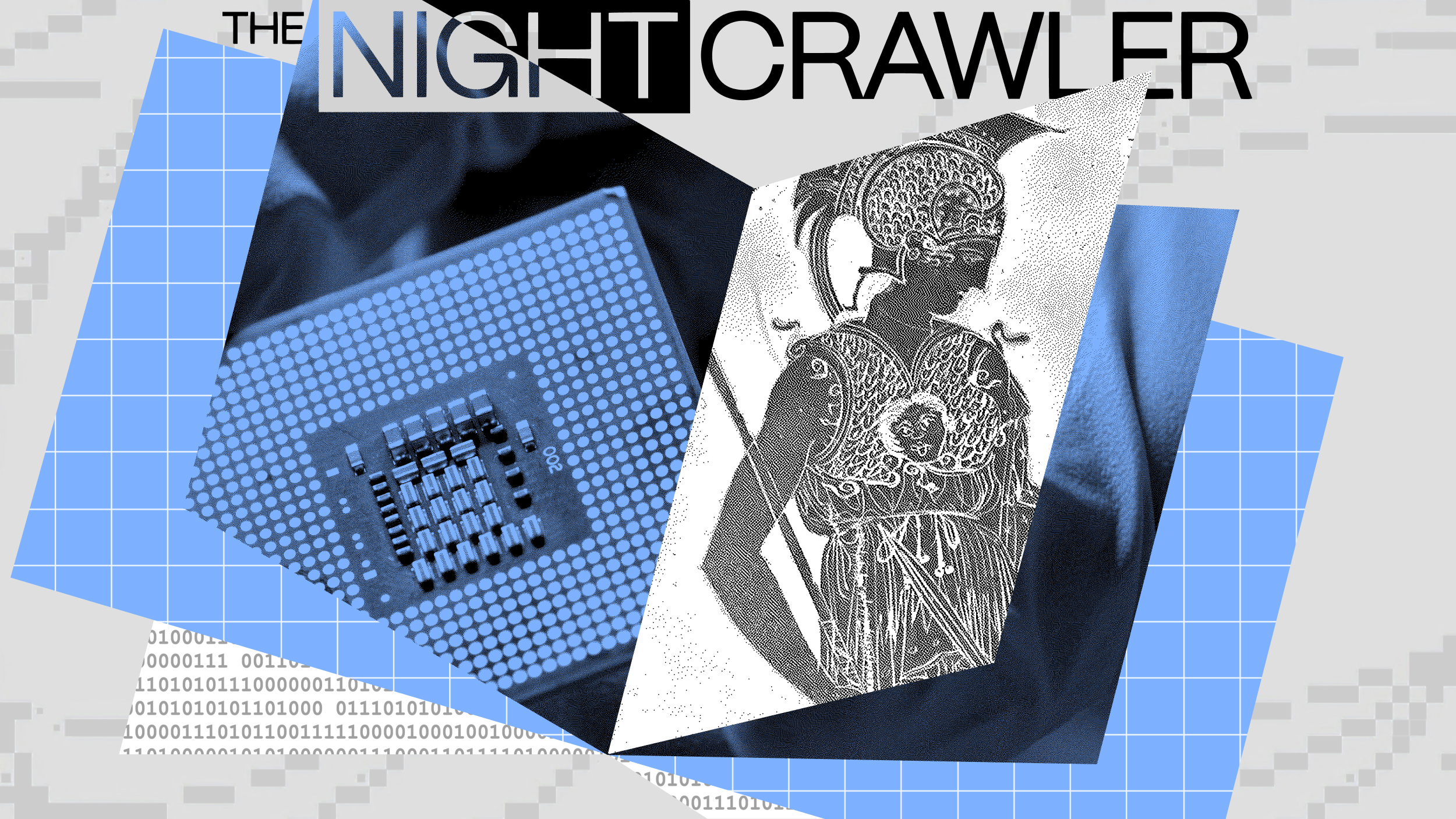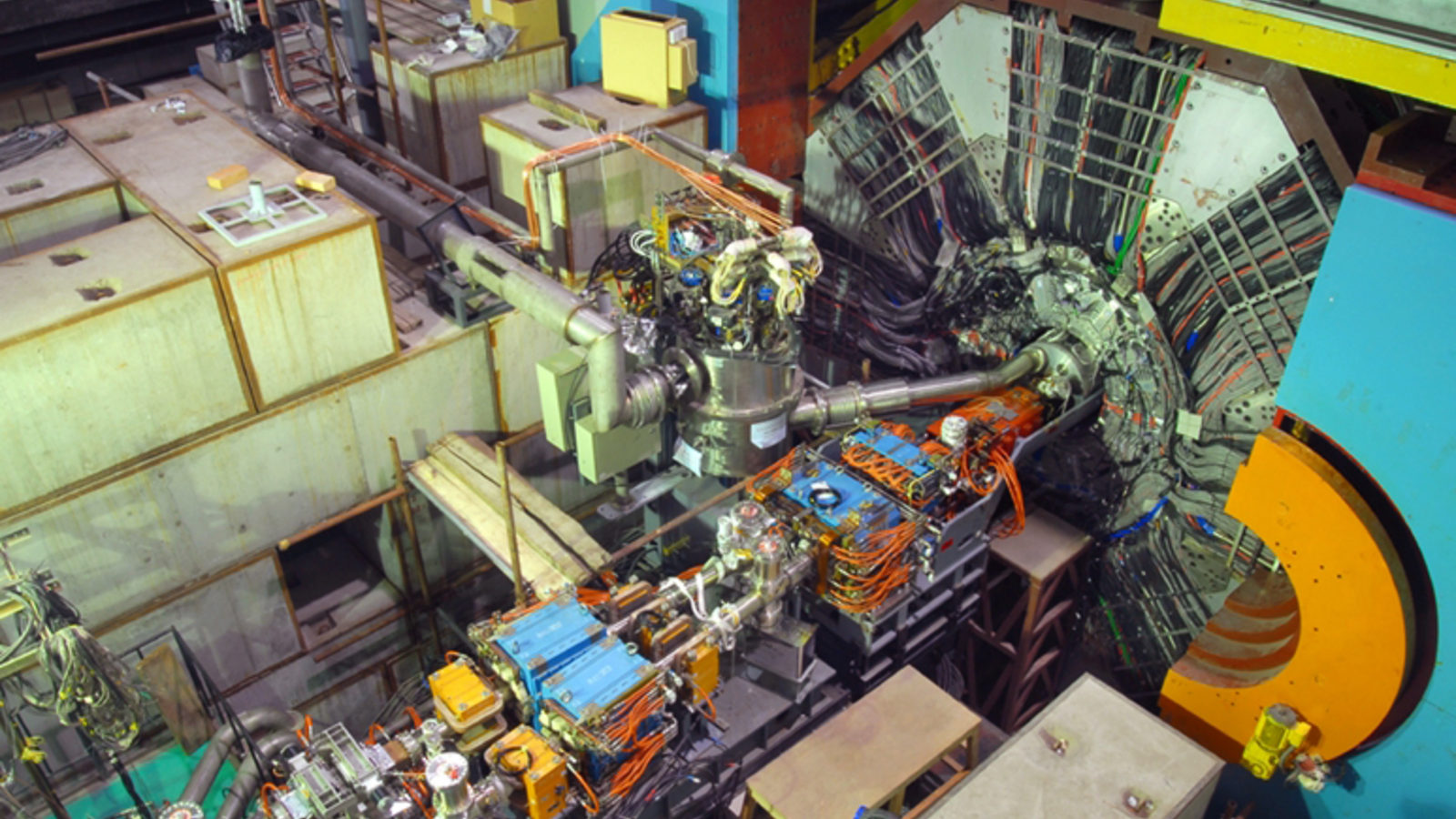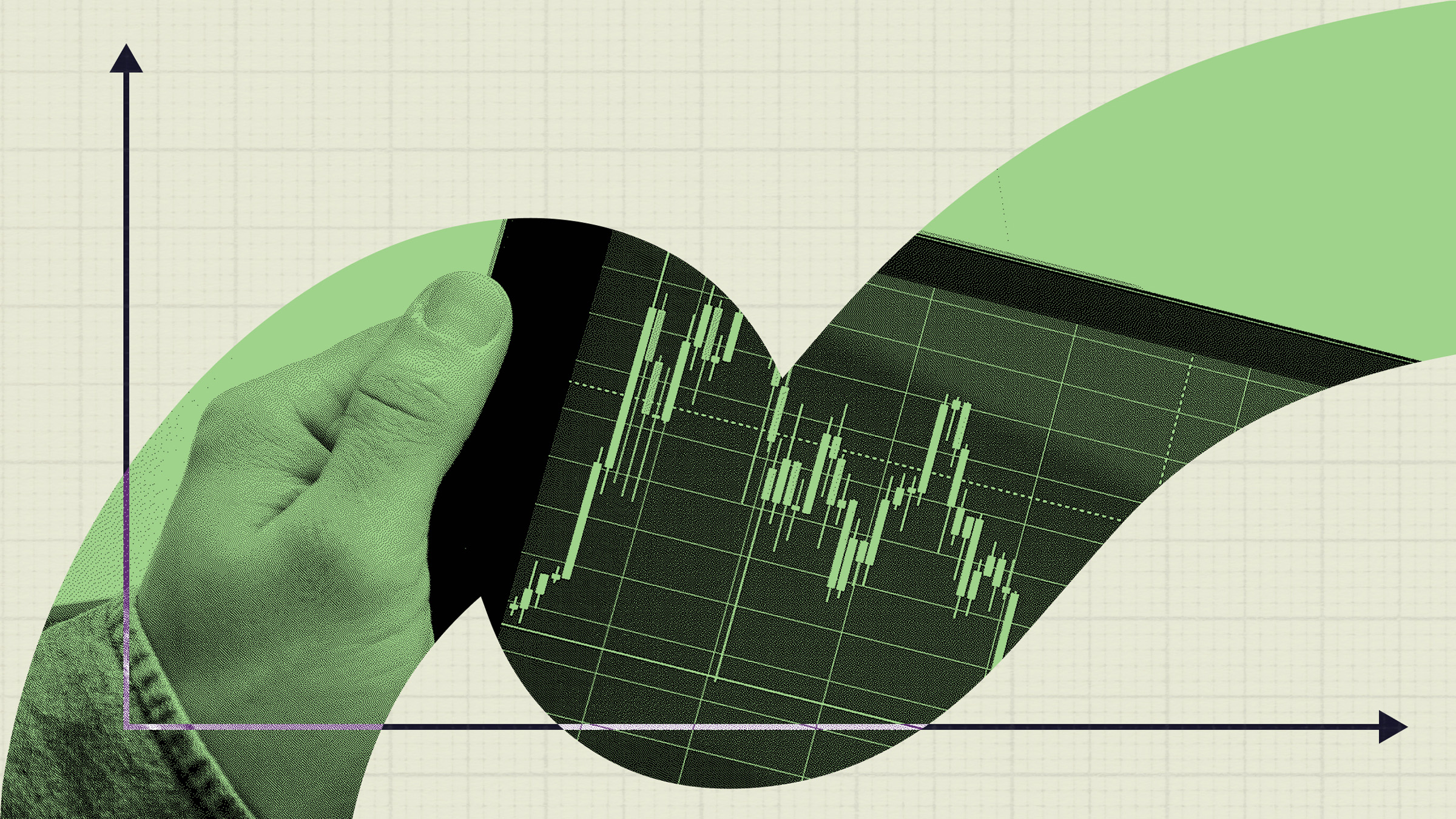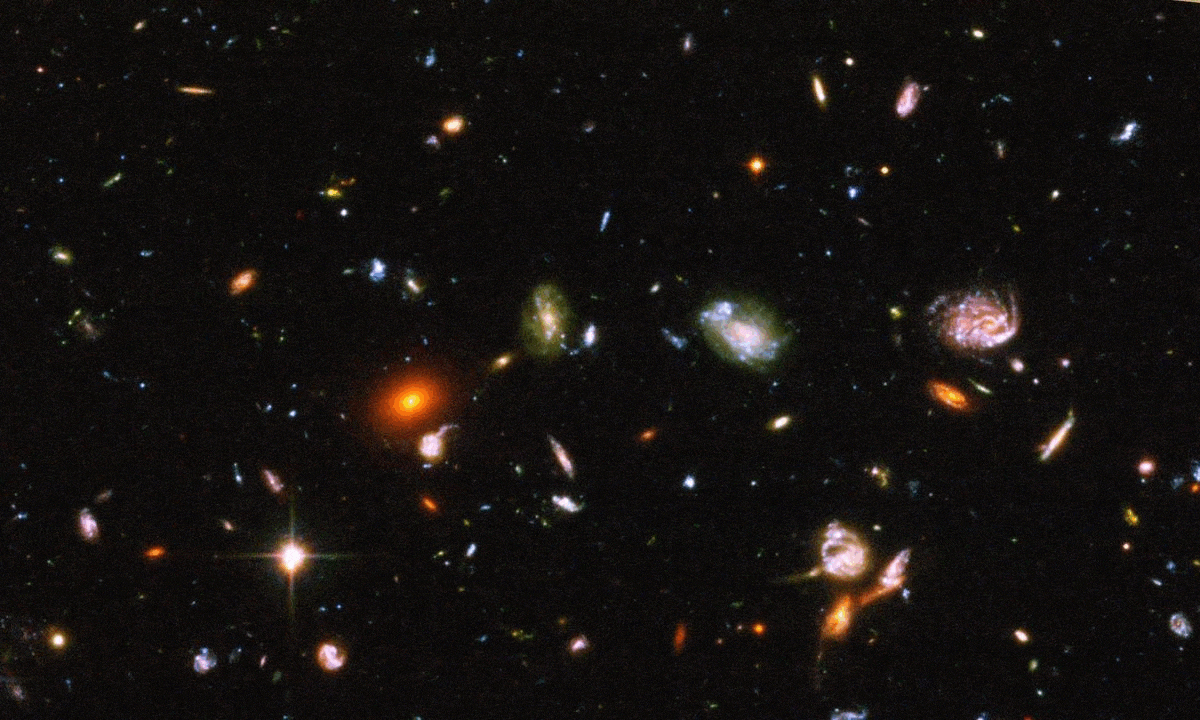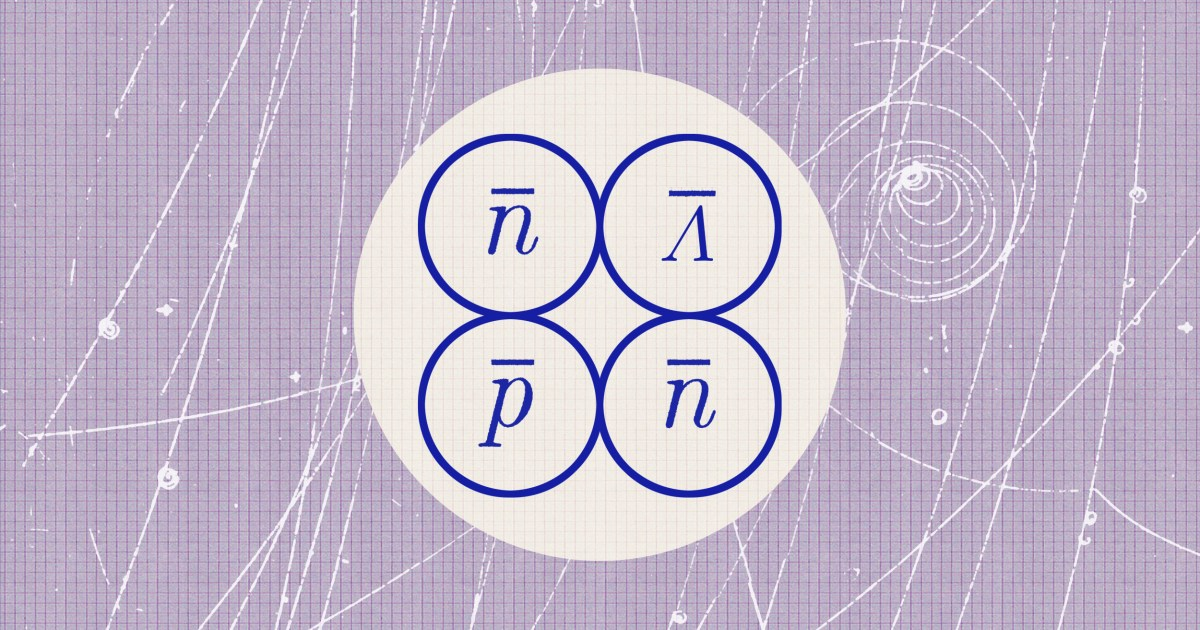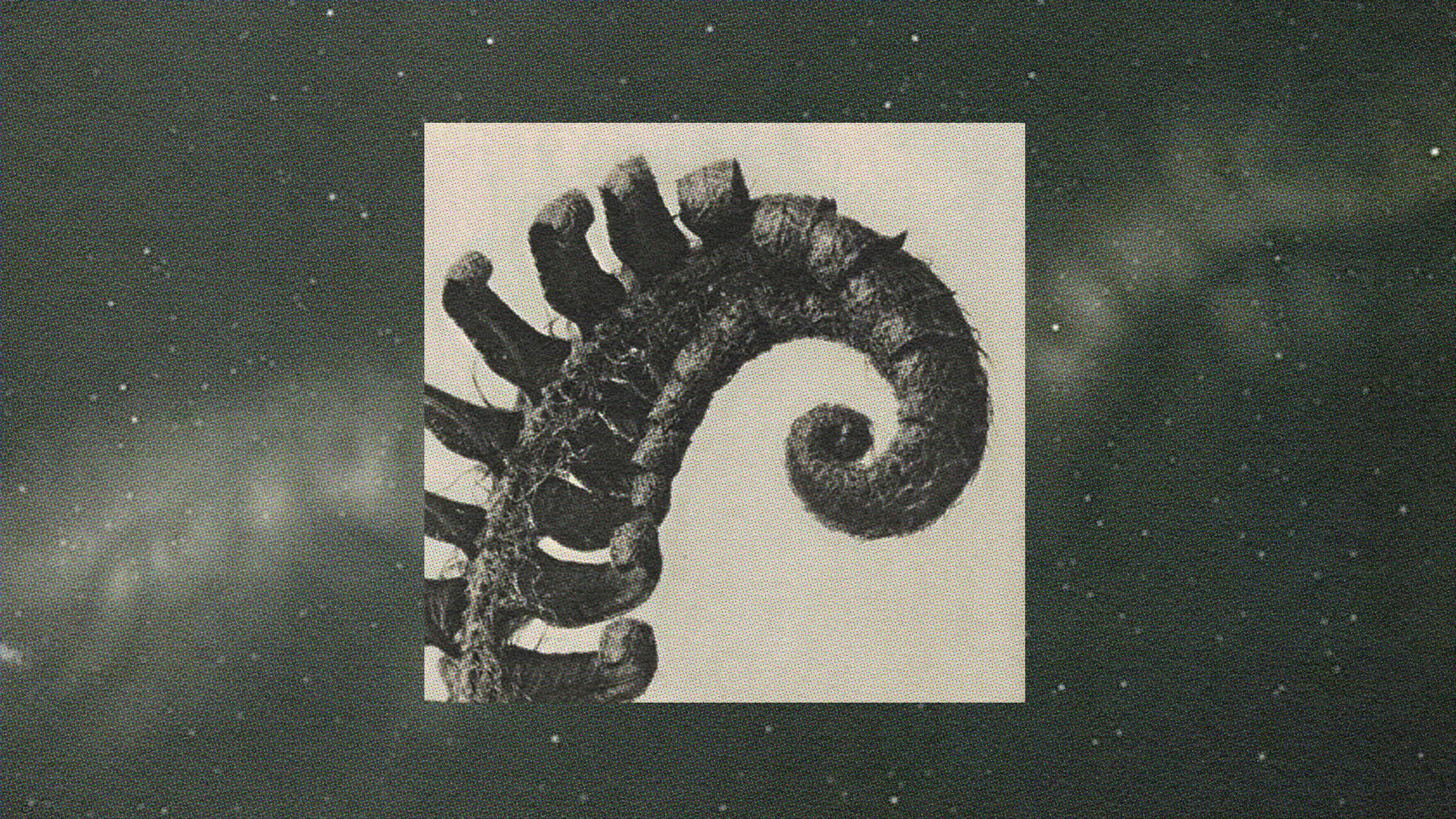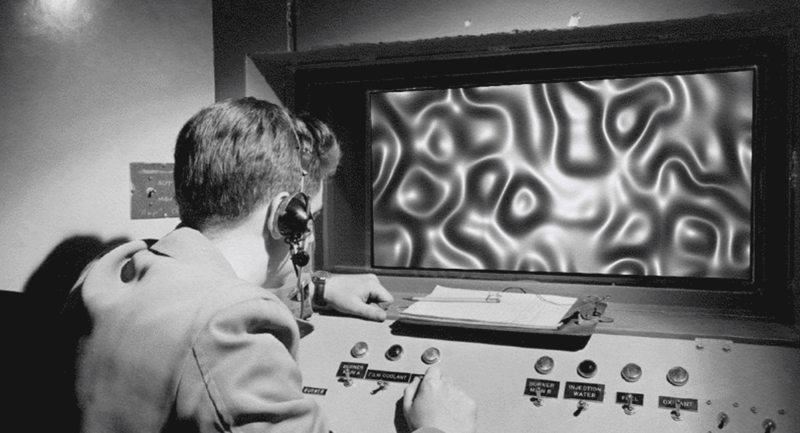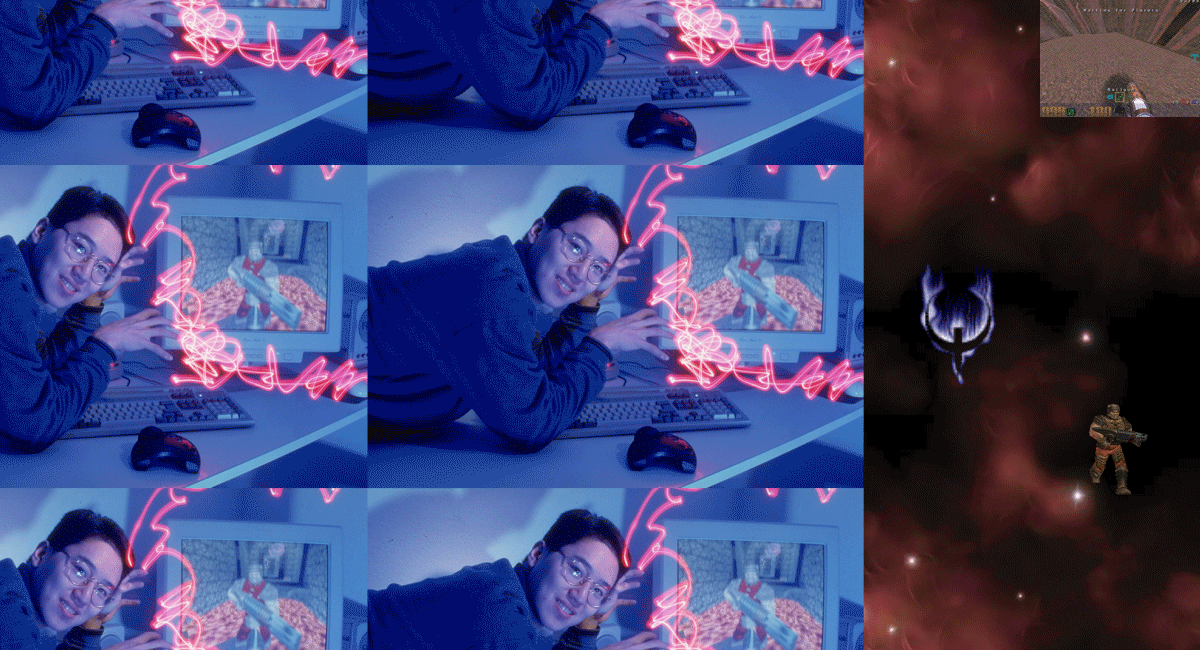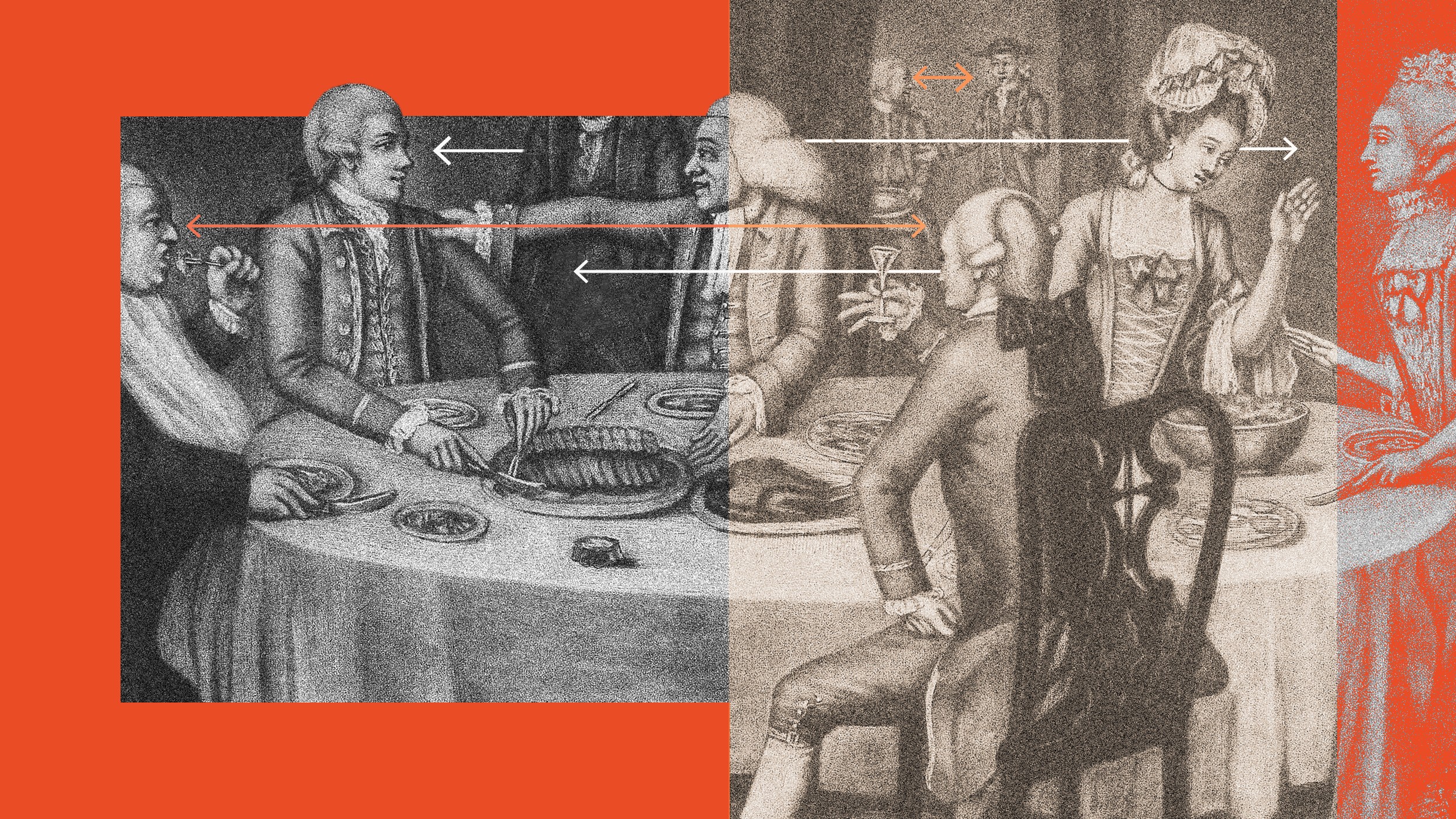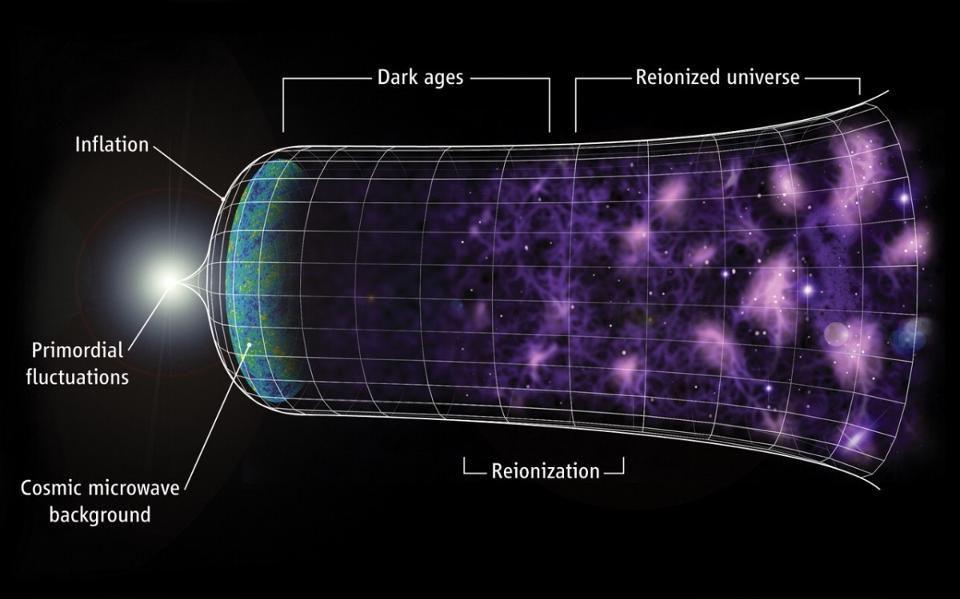Welcome to The Nightcrawler — a weekly newsletter from Eric Markowitz covering tech, innovation, and long-term thinking.
Taught in every introductory physics class for centuries, the parabola is only an imperfect approximation for the true path of a projectile.
The salinity of the oceans is not just a matter of taste. Saltier water behaves differently, too.
Inflation, dark matter, and string theory are all proposed extensions to the prior consensus picture. But what does the evidence say?
There’s value to be found in the arguments that make you uncomfortable — especially in a culture that has trained us to avoid them.
The observation that everything we know is made out of matter and not antimatter is one of nature’s greatest puzzles. Will we ever solve it?
“The Big Map of Who Lived When” plots the lifespans of historical figures — from Eminem all the way back to Genghis Khan.
These practical strategies can help you conquer burnout and achieve a state of calm and focused productivity.
With the right prompts, large language models can produce quality writing — and make us question the limits of human creativity.
Just eight of Etched’s Sohu chips could replace 160 Nvidia GPUs.
Philosophy cures no disease and invents nothing new. What’s even the point?
The winners of the remote work boom? Utah, Arizona, and Maine. Here’s what the US’ post-pandemic migration looks like.
▸
8 min
—
with
The mass that gravitates and the mass that resists motion are, somehow, the same mass. But even Einstein didn’t know why this is so.
“When you feel the isolation setting in at times, you have to reframe your mindset.”
Welcome to The Nightcrawler — a weekly newsletter from Eric Markowitz covering tech, innovation, and long-term thinking.
Scientific surprises, driven by experiment, are often how science advances. But more often than not, they’re just bad science.
As creatures and machines meld together in increasingly advanced forms, ethicists are starting to take note.
Gary Vaynerchuk, CEO of VaynerMedia, explains how to find branding success by making “boulders” out of “pebbles.”
The “little red dots” were touted as being too massive, too early, for cosmology to explain. With new knowledge, everything adds up.
Researchers at the Brookhaven National Laboratory recently created the heaviest exotic antimatter hypernucleus ever observed.
Most leaders get the psychology of human motivation all wrong — here’s how a presidential encounter with a leaf-sweeper puts it right.
For extraordinary long-term success in business we can look to insights from British Olympic cycling, Roger Federer and neuroeconomics.
Here on Earth, we commonly use terms like weight (in pounds) and mass (in kilograms) as though they’re interchangeable. They’re not.
In “Life As No One Knows It,” Sara Imari Walker explains why the key distinction between life and other kinds of “things” is how life uses information.
We can address the misalignment between the current leadership reality and traditional leadership practices with a simple formula.
So far, Earth is the only planet that we’re certain possesses active life processes. Here’s what we shouldn’t assume about life elsewhere.
Dennis “Thresh” Fong talks to us about battling Elon Musk in Quake in the ‘90s, his undefeated record as a pro gamer, and using AI to detoxify gaming.
Famed activist Bayard Rustin constantly faced the dilemma of coordinating collective pursuits among diverse groups of people.
If philosophers really enjoy one thing, it’s a good debate — but not an argument.
The Universe isn’t just expansion, but the expansion itself is accelerating. So why can’t we feel it in any measurable way?
